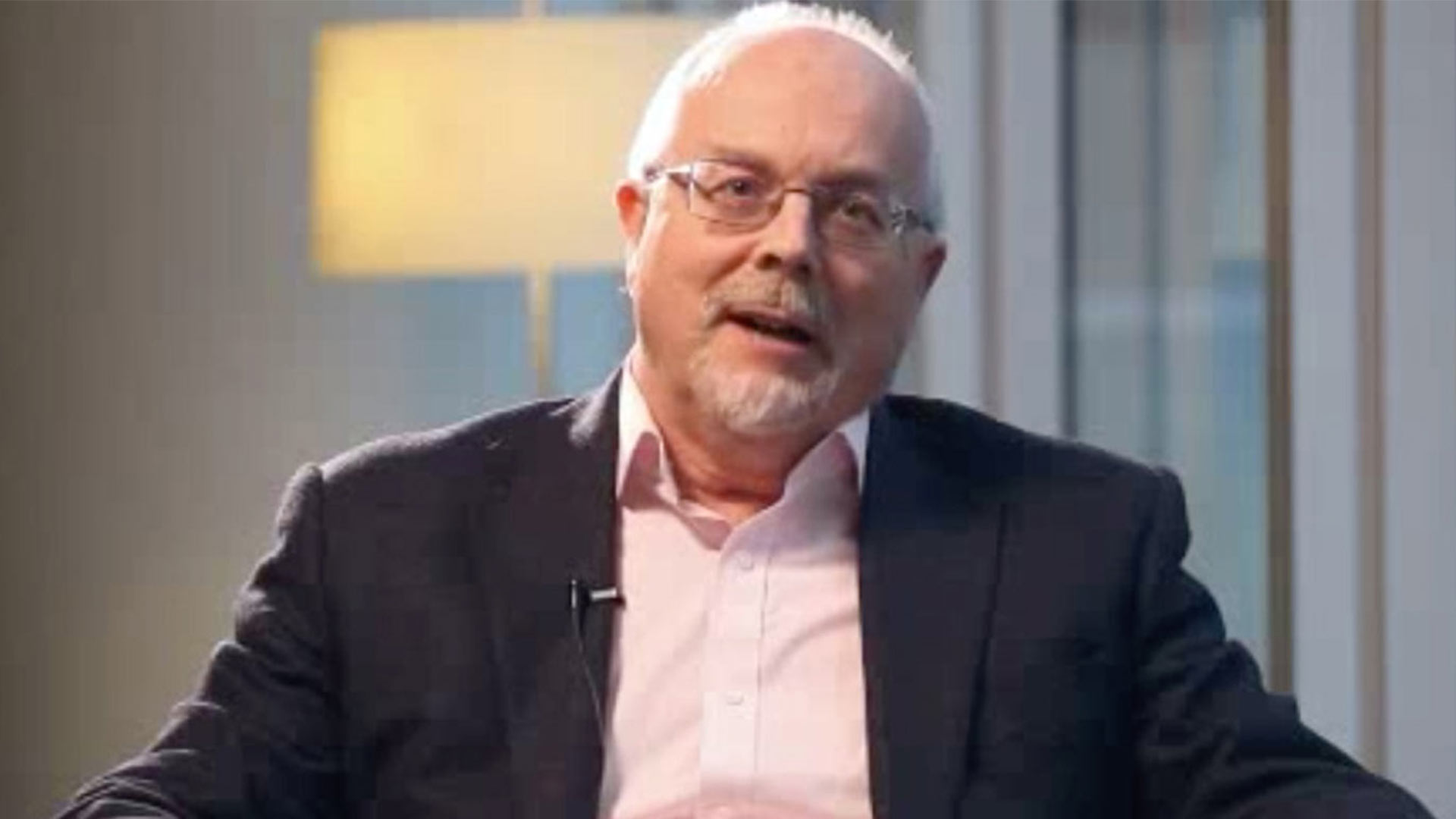
Calnan on jurisprudence
Essays on jurisprudence from an English law perspective


What is the role of a judge? In 1975, Lord Devlin—a distinguished British judge from the last century—said that a judge, essentially, serves the community by ‘the removal of a sense of injustice’.
Speaking at the London School of Economics in 1975, Lord Devlin described the role of the judge as a civilised means of settling disputes. ‘The essential quality which [she or] he needs is impartiality and the next after that the appearance of impartiality.’
It is not the bare fact that a wrong has been committed on me which arouses my sense of injustice. It is the feeling that I have been wronged by someone whom I cannot challenge which affronts my dignity. Unrelieved wrongs lead to social unrest. That is why we need judges. To apply the law to the facts of the case.
But do we also need them to make our laws?
What concerned Lord Devlin was the tendency of some commentators to require judges to be law-makers. In common law systems, judges had traditionally made the law as well as giving effect to it. If the subject matter is one on which the public is indifferent or on which there is a general consensus, then there is nothing wrong with this. The problem arises when judges make laws in areas where the public does not speak with one voice.
One objection is that judges do not have all the necessary skills. Nor the background materials, nor indeed the broad view, available to bodies such as law reform commissions. Judges are, quite rightly, influenced by the particular facts of the case before them.
And, since judges are not representative, for them to make law is undemocratic. ‘No doubt judges, like any other body of elderly men who have lived on the whole unadventurous lives, tend to be old-fashioned in their ideas.’ Laws should be made by our elected representatives.
To what extent is Lord Devlin’s approach still followed? I sense that the world has moved away from his principled position. More seems to be required of our judges now than Lord Devlin thought appropriate.
This has not always been the fault of the judges. An example is the Human Rights Act of 1998, by which Parliament introduced the European Convention on Human Rights into English law. The Convention sets out some very broad (and conflicting) principles; by enacting it, Parliament has abdicated responsibility for legislating for some difficult issues.
Take one example. Mrs Diane Pretty suffered from a progressive terminal illness and was faced with the prospect of a distressing and humiliating death. She was mentally alert, and she wished to control the time and manner of her dying, but her physical disabilities prevented her from taking her own life. She wanted her husband to help but was concerned that, in doing so, he might commit the offence of assisting suicide.
On the face of it, her husband’s actions would breach the law. But the Human Rights Convention accords the right to respect for private and family life; Mrs Pretty argued that this gave her the right to make decisions about her own body.
The court accepted that ‘private life’ was a term not capable of precise definition and that the prevention of assisted suicide was a potential interference with her right to respect for her private life. It decided that the interference was legitimate if it was in accordance with the law, had a legitimate aim and was necessary in a democratic society. The ban on assisted suicide was justified.
For our purposes, the key point is not the outcome but how it was obtained. These are issues on which reasonable and decent people can have very different views. Should the outcome be decided by an appointed elite or by our elected representatives?
One can only guess what Lord Devlin would have said.
© Norton Rose Fulbright LLP 2025